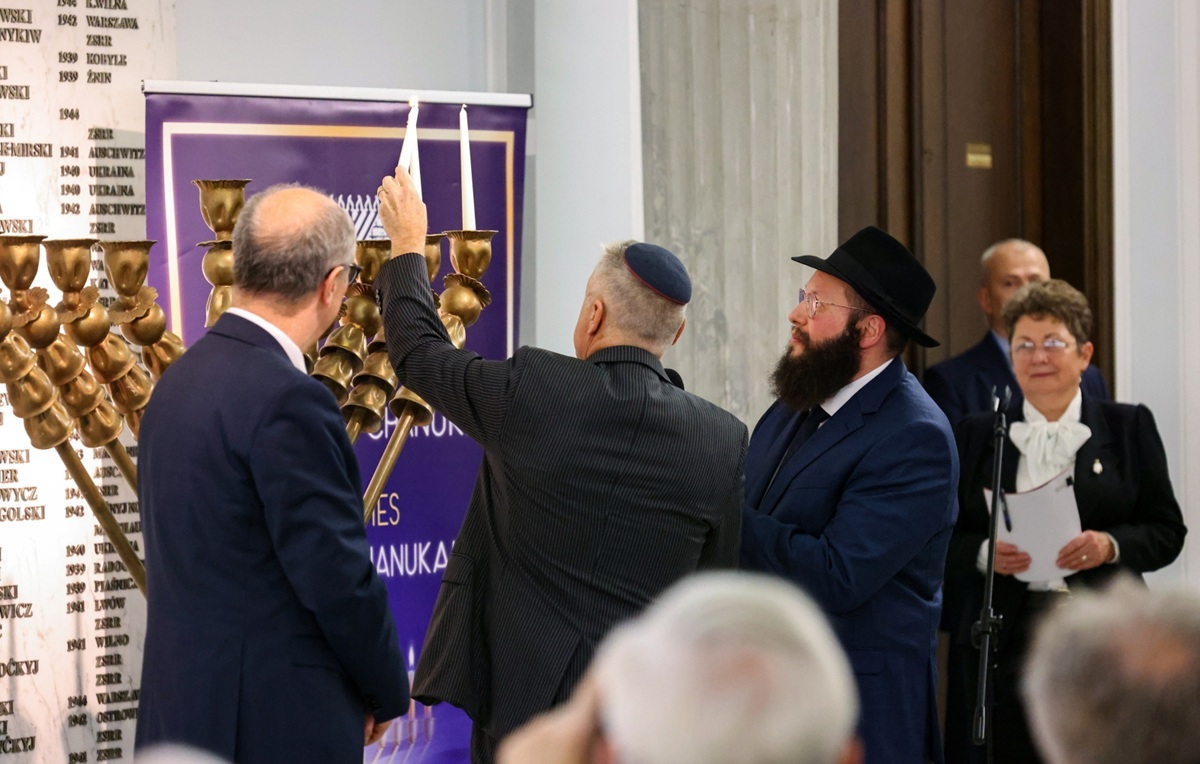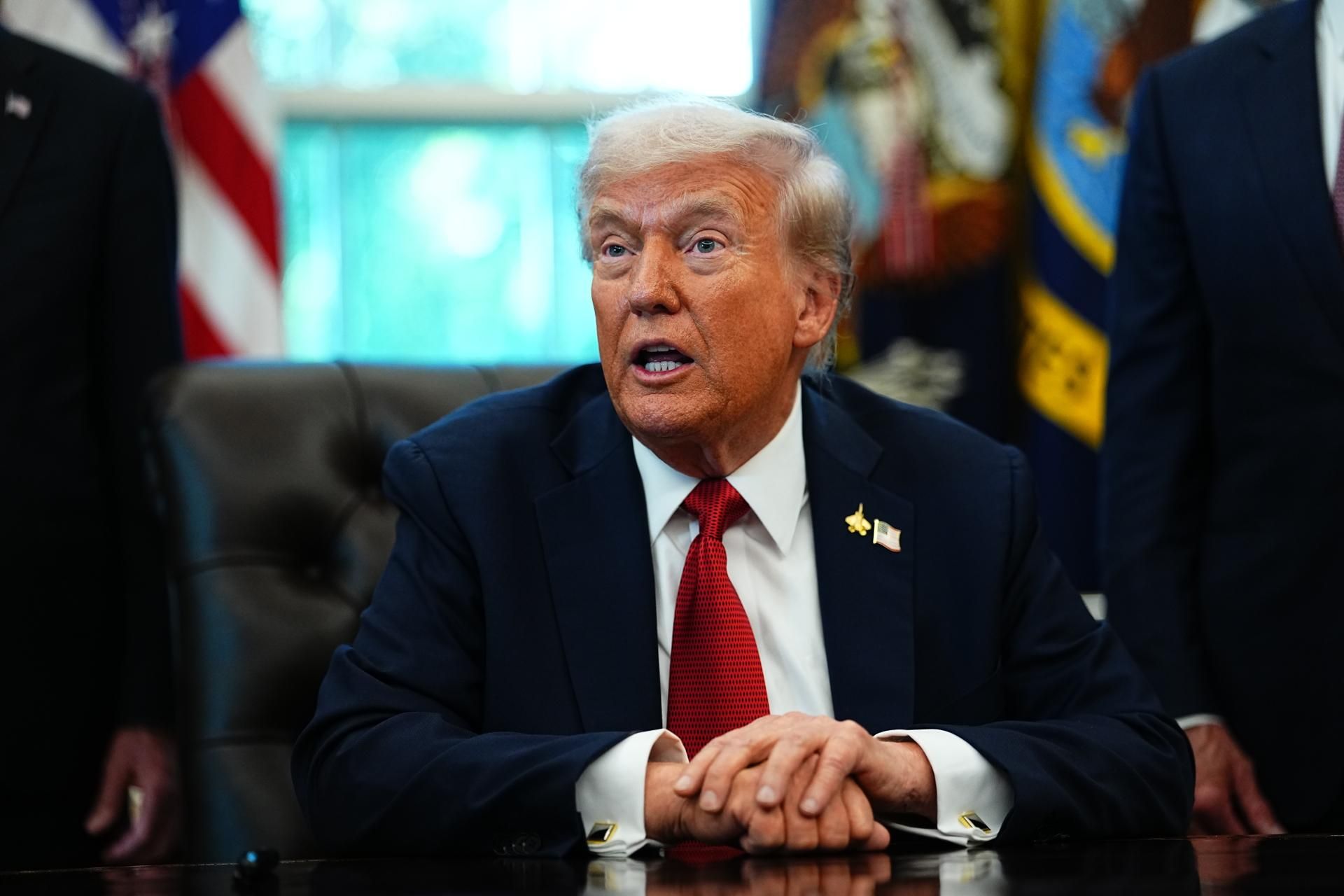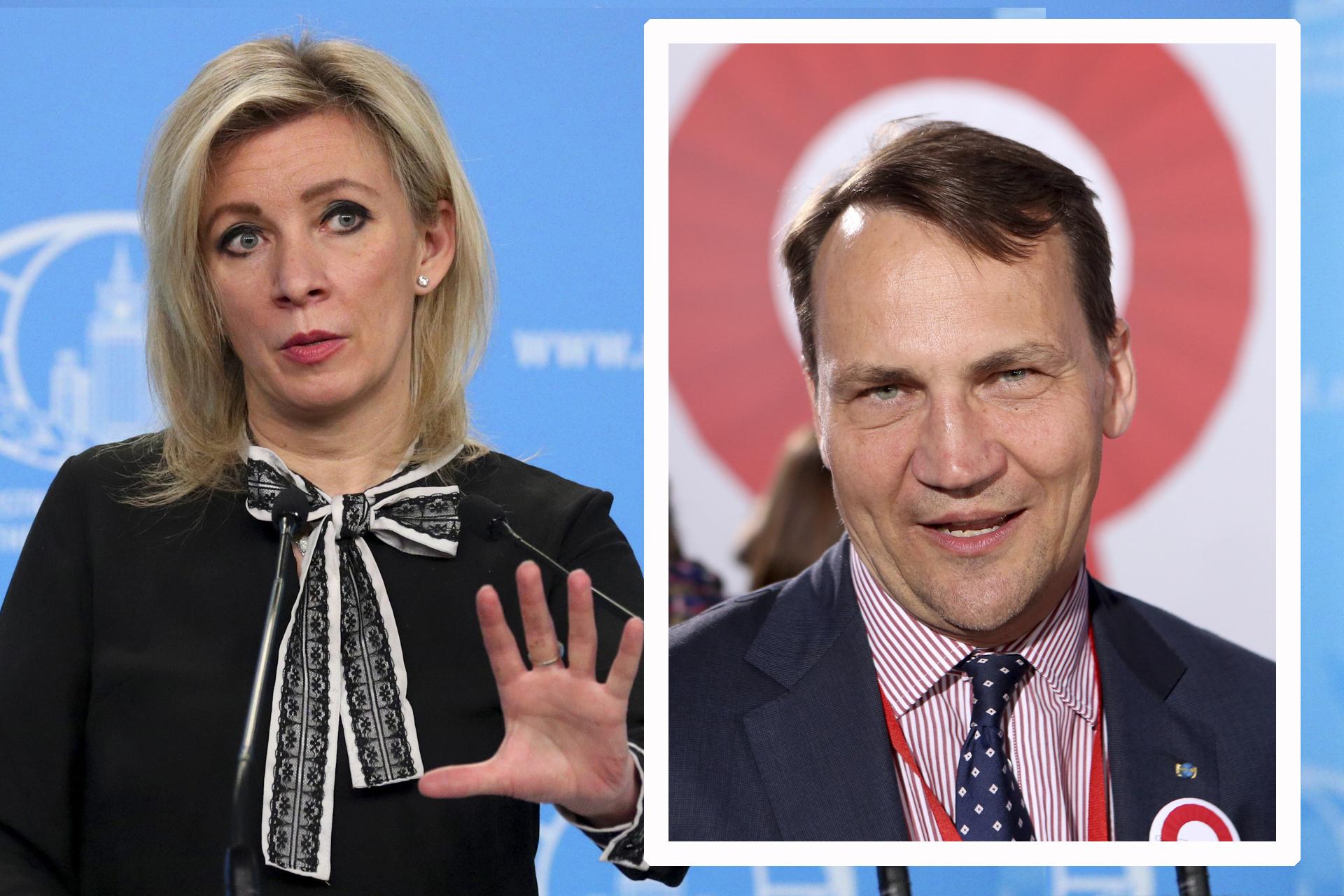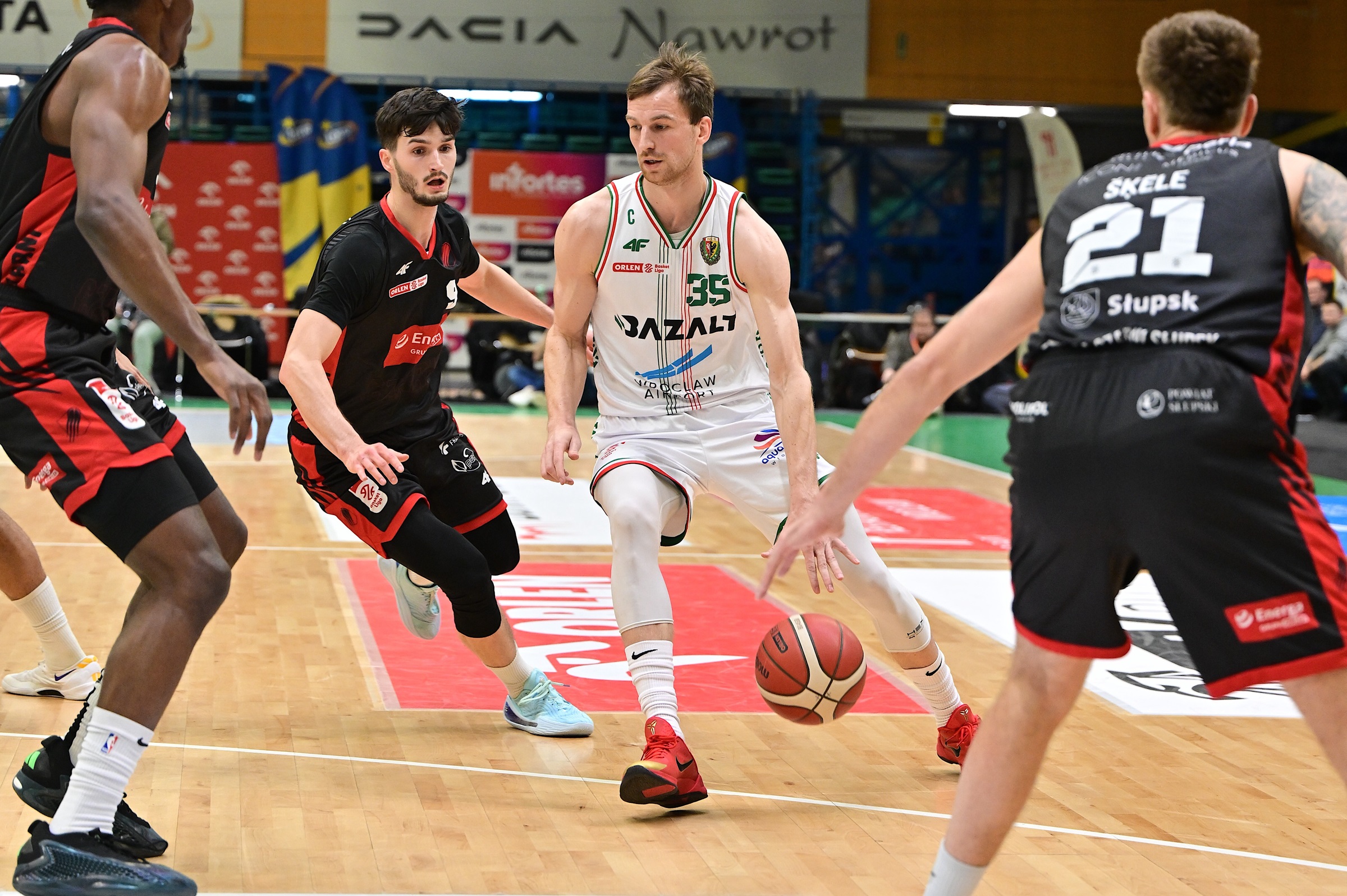
CHICAGO- United Airlines (UA) and JetBlue Airways (B6) are reportedly exploring a potential partnership, raising questions about a merger or partnership. With JetBlue exiting talks with American Airlines (AA) and United seeking expansion, industry consolidation seems possible.
JetBlue, based in New York (JFK), has struggled financially despite its strong customer reputation. United, headquartered in Chicago (ORD), aims to strengthen its East Coast presence, making JetBlue an attractive target.
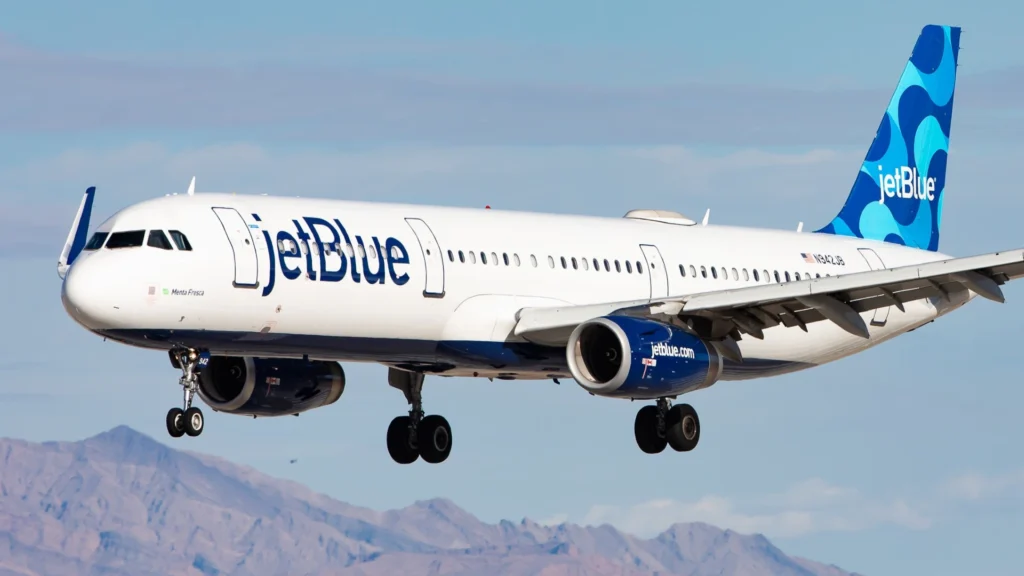 Photo: Clément Alloing
Photo: Clément AlloingJetBlue and United Partnership
The airline industry has faced significant challenges post-pandemic, with profitability increasingly tied to loyalty programs rather than passenger fares.
JetBlue Airways (B6), despite its strong customer loyalty and premium offerings, has struggled to achieve consistent profits, posting gains in only two of the last nine quarters.
United Airlines (UA), conversely, has reported robust financial performance, including a 64% profit increase in Q4 2024, positioning it as a leader alongside Delta Air Lines (DL).
According to OMAAT, United’s interest in JetBlue stems from its ambition to expand in high-value markets and enhance its competitive edge.
JetBlue’s search for partnerships intensified after a federal judge blocked its Northeast Alliance with American Airlines (AA) in 2023, citing antitrust concerns.
The airline’s subsequent attempt to acquire Spirit Airlines (NK) was also halted by the U.S. Department of Justice (DOJ), leaving JetBlue to seek alternative strategies.
Recent talks with American Airlines collapsed due to differing priorities, paving the way for negotiations with United.
On April 29, 2025, JetBlue President Marty St. George announced that a domestic partnership would be revealed within weeks, emphasizing benefits like earning TrueBlue points on routes like Omaha (OMA) or Boise (BOI).
United’s motivations are clear. CEO Scott Kirby has expressed regret over exiting New York’s John F. Kennedy International Airport in 2022, citing limited gate availability.
JetBlue’s significant presence at JFK, coupled with its hub in Fort Lauderdale (FLL), aligns with United’s goal of establishing a stronger foothold in New York and Florida.
Additionally, the airlines’ complementary fleets—both operate Airbus A320-family aircraft, and JetBlue’s Airbus A220s could enhance United’s offerings, make a partnership or acquisition operationally feasible.
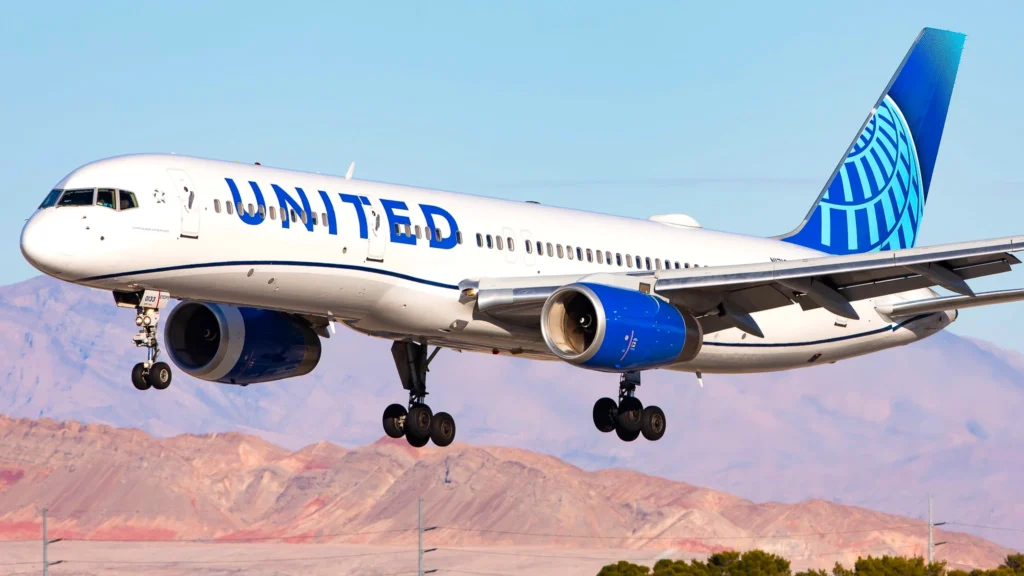 Photo: Clément Alloing
Photo: Clément AlloingFleet and Market Access
JetBlue’s Airbus A320-family and A220 aircraft complement United’s existing fleet, which includes both Airbus and Boeing models.
This fleet compatibility reduces integration complexity and could drive down operational costs in a post-merger scenario.
In terms of geography, JetBlue offers United immediate access to critical markets. These include:
- New York (JFK) – where United has struggled to regain slots and gate access.
- Boston Logan (BOS) – another JetBlue stronghold with high-value business traffic.
- Fort Lauderdale (FLL) – key to tapping into Florida’s growing travel demand.
United, now the world’s largest airline by available seat miles, is actively seeking to match Delta Air Lines’ profitability and network power.
Acquiring JetBlue would immediately boost United’s position in two of the most competitive U.S. markets, potentially turning JetBlue’s underutilized assets into profitable routes.
 Photo: JFK Spotting
Photo: JFK SpottingRegulatory Hurdles
The U.S. Department of Justice (DOJ) previously blocked JetBlue’s proposed acquisition of Spirit Airlines, citing concerns over competition in the ultra-low-cost carrier segment.
While this raises questions about a potential JetBlue-United merger, the circumstances differ.
United, unlike Spirit, operates at a higher service tier, and a merger could arguably improve competition in certain high-value markets like New York City and South Florida.
United’s CEO has expressed optimism about navigating regulatory scrutiny, especially under a potential change in administration.
His past support for Trump-era policies suggests that a different political climate could favor such a transaction.
Still, even a non-merger partnership would require regulatory oversight if it involves code sharing, loyalty program integration, or joint scheduling.
As seen in the blocked Northeast Alliance between JetBlue and American, regulatory approval remains a formidable challenge.
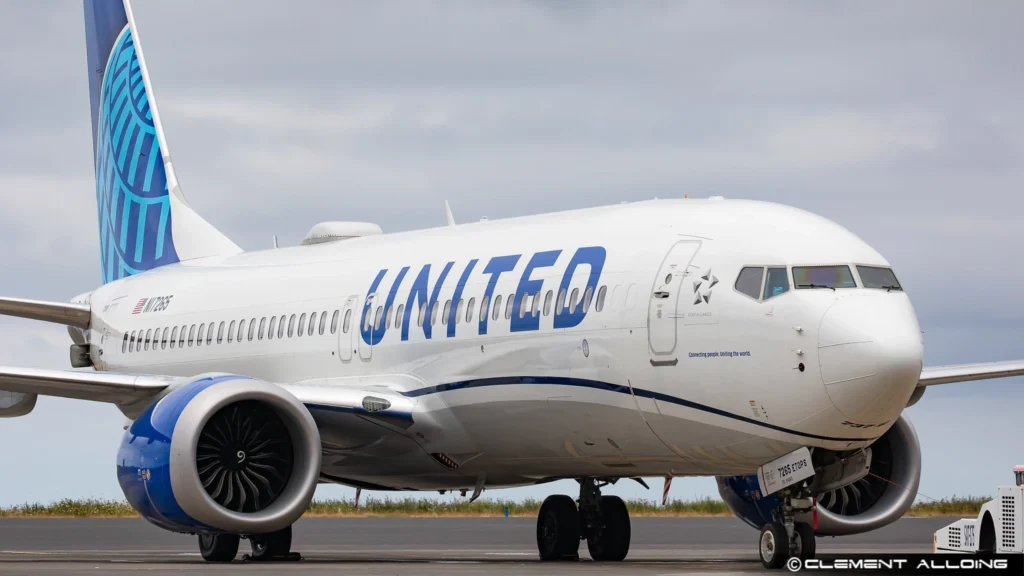 Photo: Clément Alloing
Photo: Clément AlloingImminent Partnership Announced
On a recent earnings call, JetBlue President Marty St. George revealed that the airline will announce a new domestic partner this quarter.
While he did not name the airline, both Alaska Airlines (AS) and Delta Air Lines (DL) have confirmed they are not pursuing any partnership with JetBlue.
This strongly hints at United as the partner in question. The arrangement is expected to include frequent flyer program reciprocity, allowing JetBlue passengers to earn TrueBlue points on routes they currently cannot access.
While this may start as a limited partnership, it could evolve into a broader alliance, or potentially a merger, depending on future regulatory and market conditions.
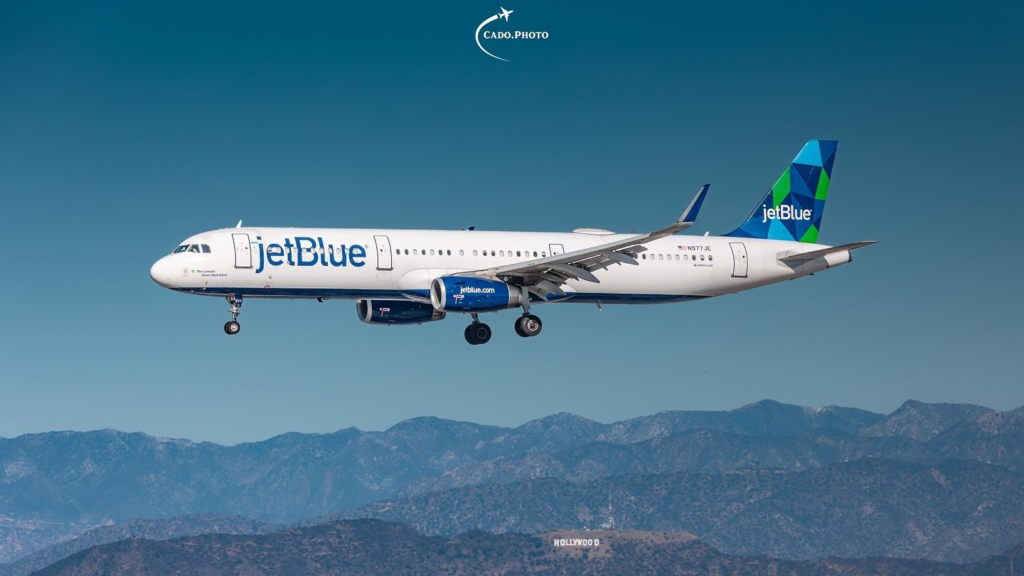 Photo: Caden Henderson
Photo: Caden HendersonBottom Line
JetBlue (B6) has moved away from its previous courtship with American Airlines and is now on course to announce a partnership with another US airline, most likely United.
While a full-scale merger may face regulatory resistance, a strategic alliance seems imminent.
Given United’s long-standing goals and JetBlue’s market assets, this could be a game-changing development for both companies and their customers.
The future of US airline consolidation may hinge on how this partnership unfolds and whether it leads to a full merger down the line.
Stay tuned with us. Further, follow us on social media for the latest updates.
Join us on Telegram Group for the Latest Aviation Updates. Subsequently, follow us on Google News
United CEO Scott Kirby Praising President Trump for JetBlue Merger?
The post JetBlue in Talks With United Airlines For New Partnership appeared first on Aviation A2Z.

 7 miesięcy temu
7 miesięcy temu
